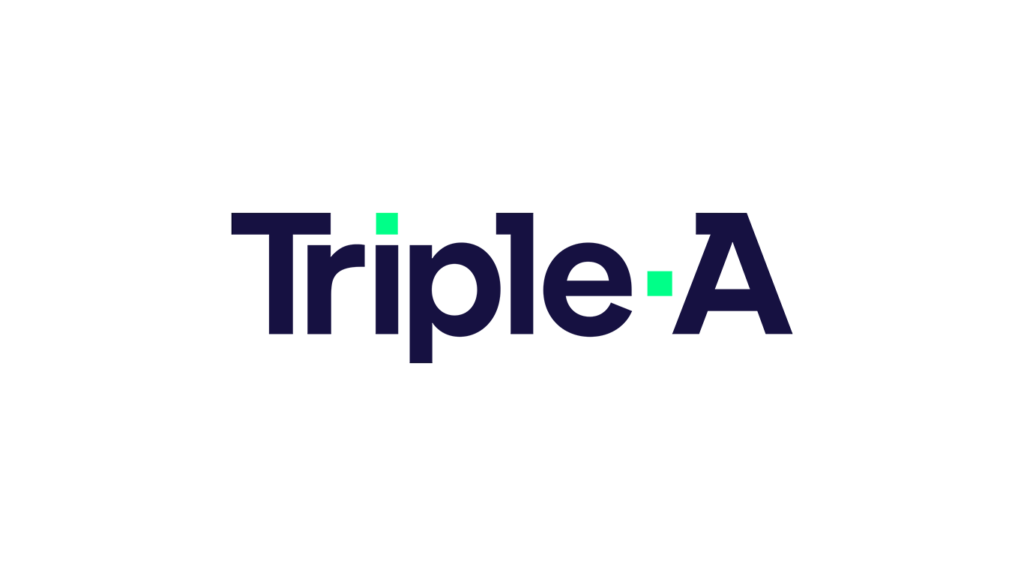Singapore’s Triple-A integrates PayPal stablecoin for merchants, showing commitment to innovation as the first licensed crypto payments company.

Triple-A, a payments firm headquartered in Singapore, has executed a calculated strategy by declaring its intention to incorporate PayPal’s stablecoin into its diverse range of merchant-specific payment alternatives. This decision exemplifies Triple-A’s forward-thinking approach to adopting cutting-edge financial technologies.
Notably, Triple-A is the first crypto payments company to obtain a license in Singapore; this achievement is evidence of the company’s dedication to innovation and regulatory adherence.
As the integration of PayPal’s stablecoin approaches its culmination at the end of June, Triple-A is positioned to broaden its range of services substantially. Triple-A’s payment services are centered primarily on prominent cryptocurrencies such as Bitcoin and Ether, in addition to Tether and Circle-issued stablecoins. Through integrating PayPal’s stablecoin, Triple-A seeks to augment the adaptability of its payment platform and accommodate a broader spectrum of customer inclinations.
PYUSD, PayPal’s foray into the stablecoin market, signifies a momentous advancement within the cryptocurrency sector. PYUSD, an experimental endeavor undertaken by the prominent fintech corporation, poses a significant obstacle to the prevailing dominance of Tether’s USDT, which presently possesses a considerably greater quantity in circulation. On the contrary, PayPal’s global reach and vast consumer base have established PYUSD as a prospective disruptor within the stablecoin industry.
The rise of the PYUSD signifies the ever-changing nature of the cryptocurrency industry, where well-established entities and emerging competitors compete for a portion of the market and sway.
As Triple-A, a haven supported by Peak XV Partners and partnered with Binance, closely monitors the developments surrounding PYUSD, the potential repercussions on the cryptocurrency payments industry become more imminent. Undoubtedly, the advent of PYUSD signifies a fresh phase in the continuous progression of stablecoins and their influence on the trajectory of digital finance.
Although PayPal’s PYUSD initiative exhibits potential, it has yet to evade regulatory scrutiny. The subpoena issued by the US Securities and Exchange Commission regarding creating PYUSD highlights the regulatory intricacies intrinsic to the cryptocurrency domain. However, stablecoins such as PYUSD are crucial in facilitating transactions and establishing a connection between cryptocurrencies and conventional currency.
Xoom’s increasing prominence in cross-border payments is further emphasized by the recent declaration that fee-free transactions are now available for Xoom users in the United States when utilizing PYUSD.
The increasing adoption and recognition of stablecoins in the broader cryptocurrency ecosystem underscores their growing importance. Triple-A, an organization that heavily depends on stablecoins to process payment volumes, faces a range of prospects and obstacles with the advent of PYUSD as it attempts to adapt to the changing regulatory environment and satisfy customer needs.
